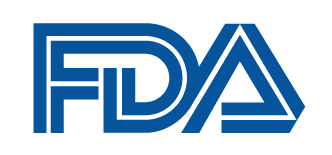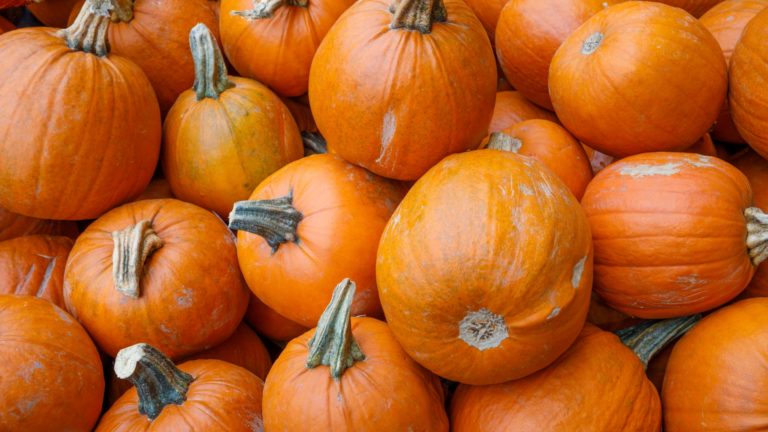So what does “organic” mean? Does it automatically guarantee that a food is “organic?” The quick answer is NO, but manufacturers are very sneaky about what they promise to their consumers and the FDA enables them to mislead us.
 A woman at Evangers pet food told me that their ingredients do not come from China. She told me that some of the vitamins come from a third party supplier whom (she claims) does not source them from China. She reassured me that they carry some products that are certified organic. She explained that by default that ensures that the ingredients don’t come from China. She might very well be telling me the truth about their third party supplier. I just don’t have any proof of that because that information is proprietary. Sounds good???
A woman at Evangers pet food told me that their ingredients do not come from China. She told me that some of the vitamins come from a third party supplier whom (she claims) does not source them from China. She reassured me that they carry some products that are certified organic. She explained that by default that ensures that the ingredients don’t come from China. She might very well be telling me the truth about their third party supplier. I just don’t have any proof of that because that information is proprietary. Sounds good???
This woman was not well-versed regarding the USDA’s loose regulatory practices. The Food and Drug Administration allows non-organic vitamins and minerals for the fortification of food that fit certain parameters when approving for official USDA organic certification. Although a product is labeled with the official USDA organic seal, it doesn’t mean that the product is organic as we would naturally conclude. Certain non-organic vitamins are permitted. These ingredients could come from China and poorly manufactured. Our government lacks regulation for nutritional supplements. Yeah… That seems strange to me too.
 An organic seal does NOT mean that all ingredients are organic. The FDA has protected the pet food industry. The Pet Food Institute (the industry’s lobbyists) got all upset because the cost of production would be prohibitive to many companies. Vitamin supplements must be added to commercial (canned and kibble) pet food to compensate for the food’s absence of nutrients. Sourcing vitamins and supplements from China enables manufacturers to earn much higher profits. The cost of sourcing these supplements elsewhere is so high that it would hurt the industry. China’s production practices are questionable to say the least and I think that most of us are aware of that. Sadly, 90% of the world’s ascorbic acid (vitamin C) is sourced from China because it is far less costly than anywhere else in the world. To read more about these unethical practices sanctions them read my article The Truth About Holistic & Organic Dog Food.
An organic seal does NOT mean that all ingredients are organic. The FDA has protected the pet food industry. The Pet Food Institute (the industry’s lobbyists) got all upset because the cost of production would be prohibitive to many companies. Vitamin supplements must be added to commercial (canned and kibble) pet food to compensate for the food’s absence of nutrients. Sourcing vitamins and supplements from China enables manufacturers to earn much higher profits. The cost of sourcing these supplements elsewhere is so high that it would hurt the industry. China’s production practices are questionable to say the least and I think that most of us are aware of that. Sadly, 90% of the world’s ascorbic acid (vitamin C) is sourced from China because it is far less costly than anywhere else in the world. To read more about these unethical practices sanctions them read my article The Truth About Holistic & Organic Dog Food.
The NOP (Natural Organic Product) classification must consider the economic impact of any changes to the USDA organic regulations; if the action will significantly affect the industry, additional assessments and justifications are required. The Pet Food Task Force, which included individuals from pet food manufacturing, organic consulting, Pet Food Institute (the industry’s lobbyist organization), and federal agencies were responsible for changes made to the definition of “organic” to pander to the pet food industry.
Vitamins, minerals, synthetic (and/or lab created) nutrients, and other additives including those used as preservatives are exempt from organic requirements based on the following criteria:
-Ingredient required for a complete and balanced pet food.
-Acceptable ingredients for use in pet food.
-Availability of ingredients in organic form.
-The structure of the pet food industry.
-The number of organic producers supplying raw commodities for organic pet food.
-Types of production costs
Products are certified without regard to source and “other ingredients” under the livestock feed standards. Certifiers have been using the livestock feed standards for our pets. How natural is that??? Hmmm.
Sources:
| McEvoy, Miles V. “Tails” of the Organic Pet Food Rule.” The Organic Integrity Quarterly (Oct. 2012): 7-8. US Department of Agriculture. National Organic Program, Oct. 2012. Web. 28 Apr. 2015. <http://www.ams.usda.gov/AMSv1.0/getfile?dDocName=STELPRDC5100909>.
USA. USDA. National Organic Standards Board. Livestock Subcommittee Petitioned Material Proposal Required Synthetic Amino Acids for Pet Foods. N.p.: n.p., n.d. National Organic Standards Board. USDA, 05 Feb. 2013. Web. 28 Apr. 2015. <http://www.ams.usda.gov/AMSv1.0/getfile?dDocName=STELPRDC5102662>. V., Anya. “90% of Vitamin C Comes from China. This Is WHY You SHOULD Care.” Living Traditionally. 18 Mar. 2015. Web. 28 Apr. 2015. |








